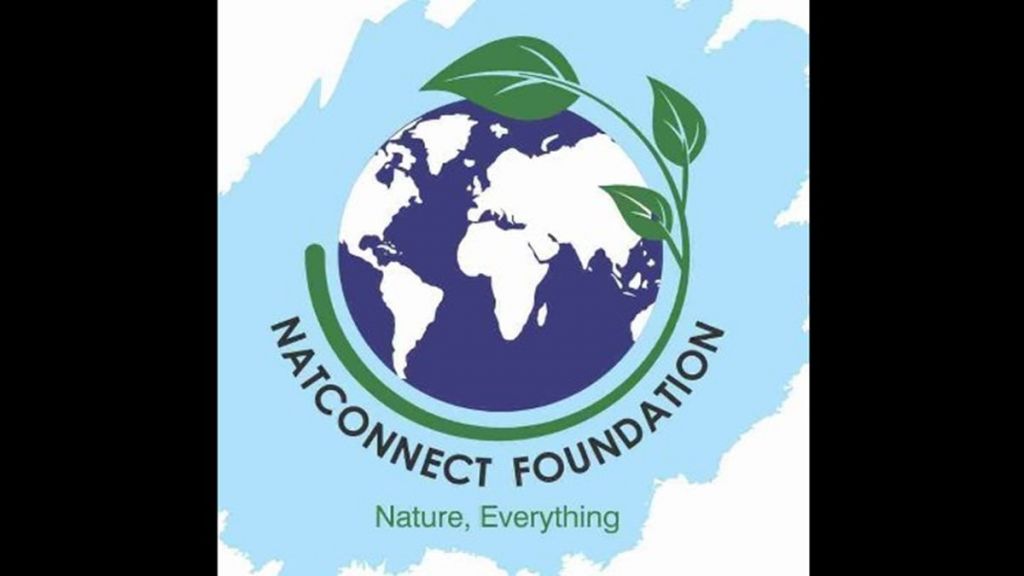
Mumbai: As the fireworks will continue from this Diwali through the election season, Green groups have called upon various political parties to “mind the environment” as the climate change is for real. Pointing out that the environment is a state subject, the activists have made renewed appeals to the electorate to question their candidates as to what they will do to conserve nature.
The protection and conservation of wetlands, mangroves, along with green cover and open spaces can no longer be wished away, NatConnect Foundation, which spearheaded the drive, said. “Enough damage is being done to the environment by reckless infrastructure, industrial and real estate development and it is high time that the future lawmakers took a serious view of the destruction,” NatConnect director B N Kumar and Watchdog Foundation’s Godfrey Pimenta said.
In a related development, NatConnect reminded the Election Commission of its earlier promise and asked it to spare the officials responsible for monitoring the environmental violations from the election duties. At best, the EC must limit the officials’ election related duties to bare minimum so that they can focus on enforcing the law, Kumar said.
NatConnect and Shri Ekvira Aai Pratishtan had complained of rampant destruction of wetlands and mangroves in Uran during the 2019 Lok Sabha elections when the officials were away on election duties.
The activists, therefore, appealed to the Election Commission to spare the district-level officials from poll duties. The ECI responded saying that the suggestion was noted, and the poll body would take appropriate measures.
Turning to the poll manifestos, the activists said the parties must outline their plans, targets for an all-inclusive environmental care. “For instance, the objections and suggestions submitted during the environmental impact assessment of industrial and infrastructure projects must be in public domain so that the respondents can monitor the execution of the works,” Kumar said.
Nandakumar Pawar, head of Sagar Shakti, called for setting up an environmental clearance monitoring system to see if the conditions imposed in projects are being adhered to or not. “The compliance reports being submitted by the project proponents should be cross checked independently,” he said.
Jyoti Nadkarni of Kharghar Hills and Wetlands group said wetlands and mangroves are being damaged under the guise of projects such as Prime Minister’s Awas Yojana (PMAY) or coastal roads. With an unplanned water management system, the rapid urbanisation will turn out to be a meaningless exercise, she cautioned. “As it is we are forced to depend on tanker water supply in this city of the 21st Century and on top of that we see a series of 50-storeyed buildings coming up,” Nadkarni lamented.
Mumbai's rapid urbanization has resulted in challenges that directly affect public health, infrastructure resilience, and environmental sustainability, said Pimenta. The city's air quality has been worsening due to the continuous rise in uncontrolled construction activities and an increase in vehicular traffic is posing a serious health risk, particularly to children and the elderly. Pimenta, therefore, called for enforcing strict air pollution controls at construction sites, including dust mitigation and monitoring systems.
Pimenta also wanted the governments to promote public transportation, electric vehicles, and incentivize eco-friendly alternatives to curb vehicular emissions.
Mumbai’s coastal waters are increasingly polluted, with large volumes of untreated waste, including plastic, flowing into the sea. Microplastics are now being found in fish, raising health concerns for consumers, as plastics in fish have carcinogenic properties, he pointed out and added, “We urge all candidates contesting the upcoming elections to prioritize these concerns in their manifestos and action plans.”